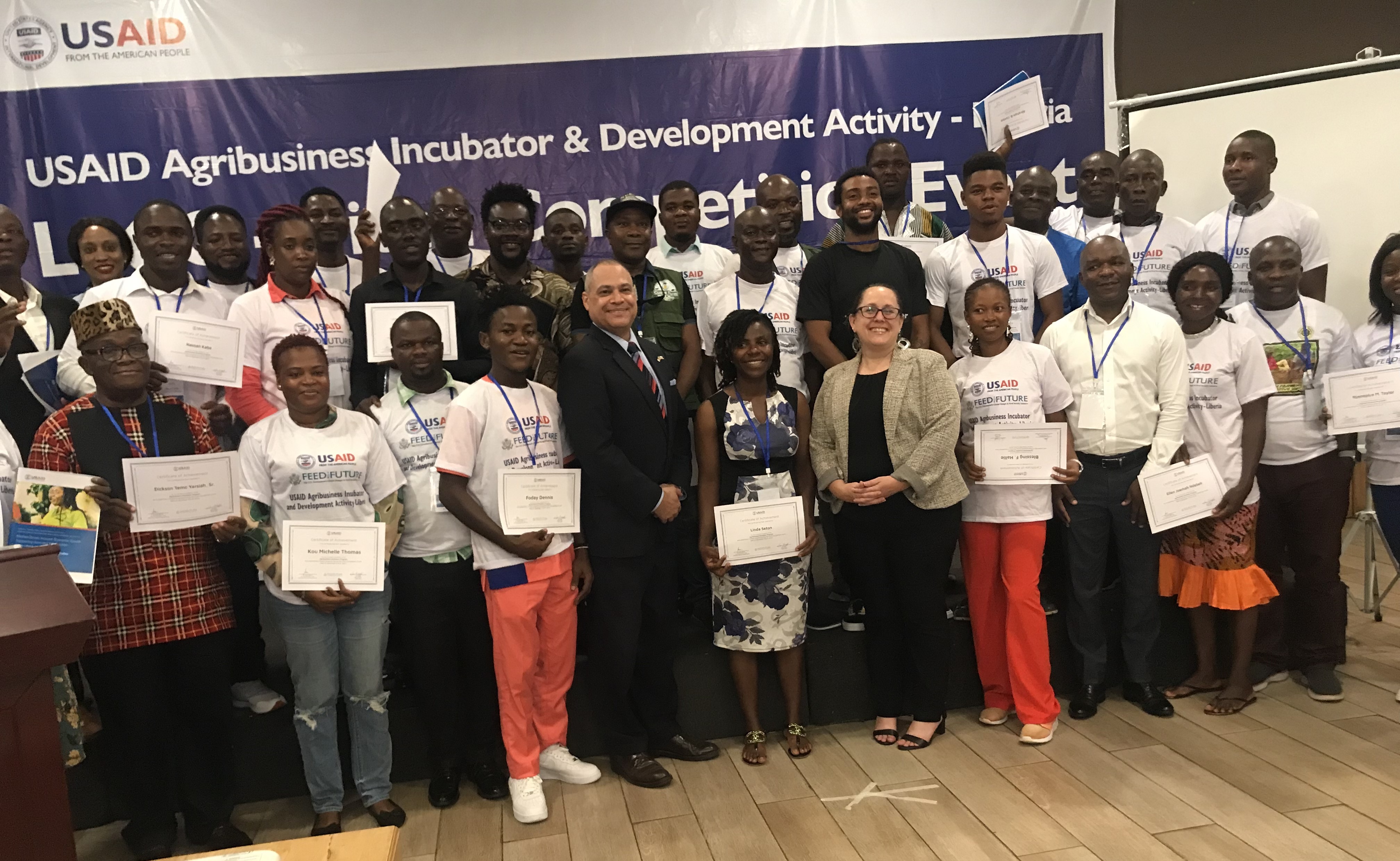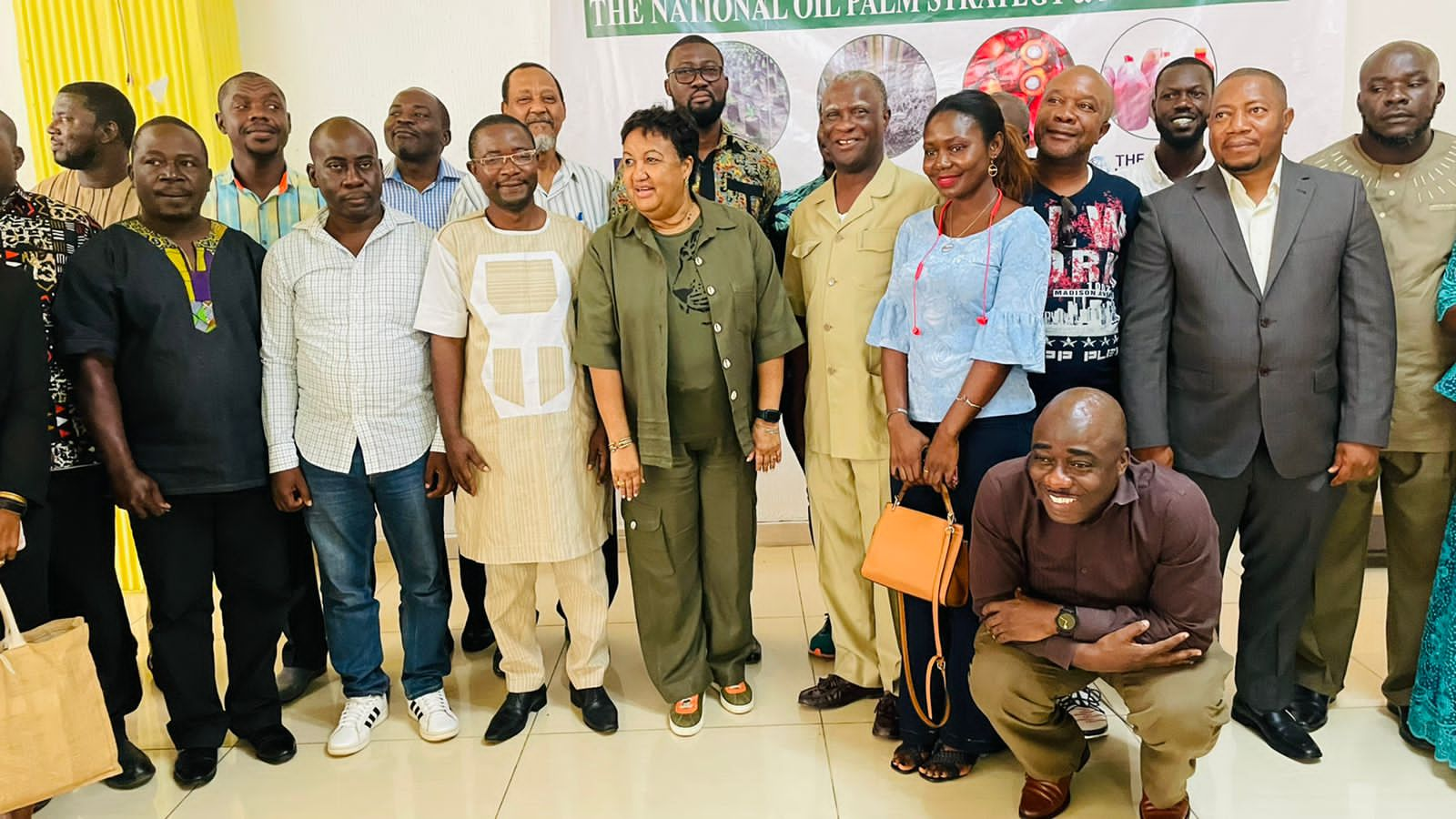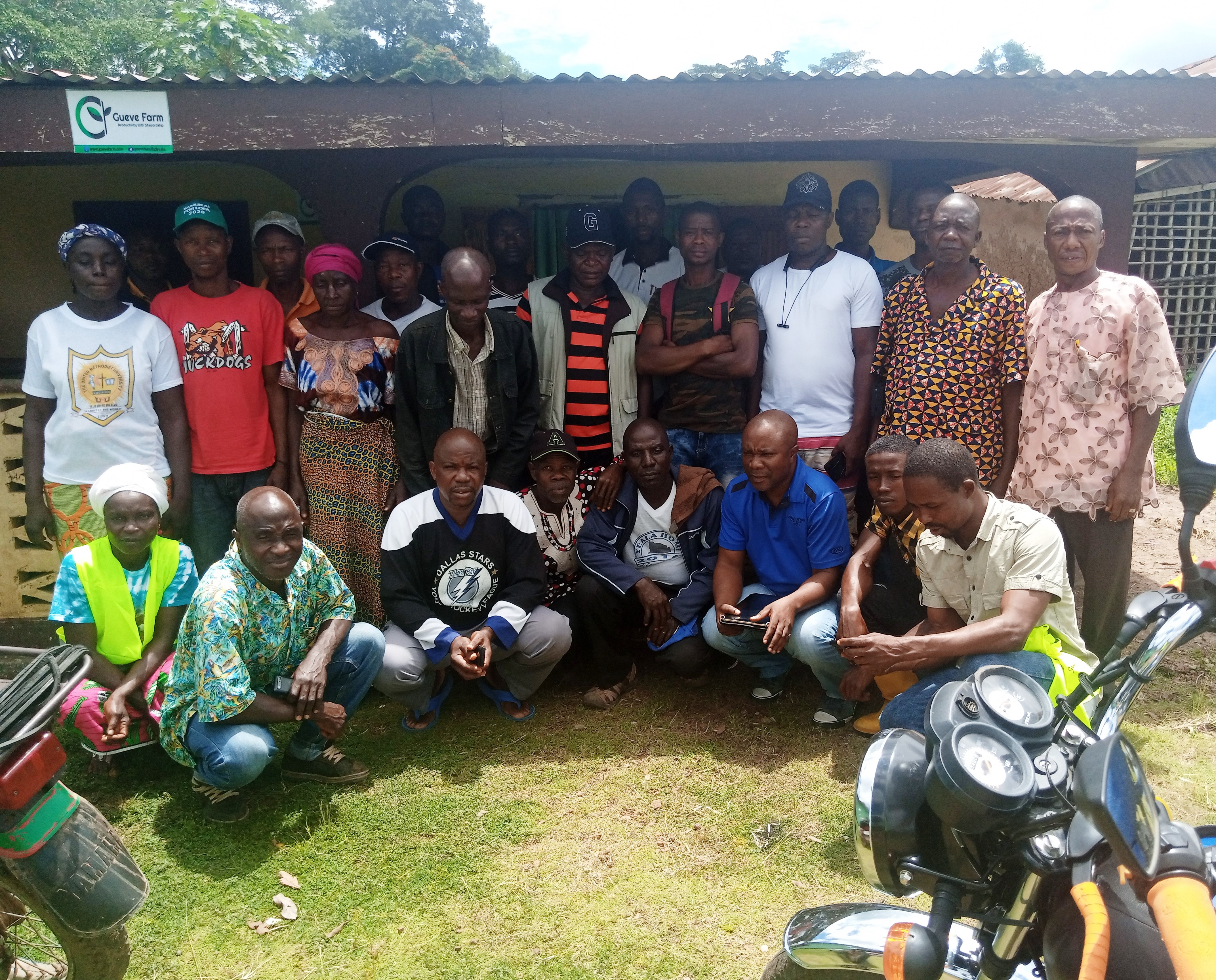Posted on 6 Dec 2023 / Cleta Guzeh
USAID Agribusiness Incubator & Pitching Competition Event
USAID Liberia has awarded grants to 12 agribusinesses in Monrovia under its USAID incubator development activity. These grants were given in different categories and were highly competitive, with winners in the first category receiving US$50,000 each. These include The 8teen Corporation, Toe-Zarzar Farms Inc., Women Agriculture Promoters, and Jackson Ranch Incorporated..
In the second category, winners, including Eco-Soap Liberia, BELE-DEMAI FARMERS CORPERATIVE, INC, and MAYO FARM, received US$25,000 each. Winners in the third and final category received US$10,000 each, including Natural Honey, KT & AT Cashews Farms Inc, Passama Fish Farmer Union, Yarkpazuah, and Bindah Enterprise.
The USAID Agribusiness Incubator & Development Activity - Lot C Pitch Competition was a significant moment for agricultural entrepreneurs to pitch their transformative ideas. Only the best 12 businesses were granted funding to scale their ventures to new heights. This program aims to provide valuable connections and support to young entrepreneurs in the agricultural sector. The competition brought together participants from Bomi, Gbarpolu, Lofa, Grand Cape Mount, and Grand Gedeh Counties..

The objective of the program is to work with informal agribusinesses and help them formalize their operations, organizers said. The CEO of iCampus, Luther Jeke, highlighted the lengthy journey from the co-creation process with USAID-ATI to the pitching competition. The selection process involved receiving 306 applications, conducting due diligence assessments, and selecting the top 30 businesses. These entrepreneurs underwent boot camps, workshops, mentoring, and coaching sessions for four months to prepare for the final pitch.
“This has been a very long journey. We started from the co-creation process with USAID-ATI, last year where we started with engagement with the team in October,” Jeke said while recalling the official launch of the Incubation process in Ganta City, Nimba County.
“We are happy today that we are having the pitch competition events of these 30 Agribusinesses from five counties, including Grand Gedeh, Lofa, Grand Cape Mount, Gbarpolu, and Bomi counties,” he added. “We received a total of 306 applications from potential Agribusinesses.
"Following a rigorous vetting process, we could select the top 35 potential Agribusinesses. We went out to villages within the five counties and a due diligence assessment exercise was conducted to what applicants wrote on their applications versus what was the reality on the ground.”
And after all the formalities, they could elect 30 as the final. Jeke said, “We have been able to work with them for the last 4 months through a series of boot camps, technical workshops, mentoring, and coaching sessions to prepare them for the final pitch.
"The pitching competition was wonderful. We wish for USAID and iCampus to continue such initiative in helping small agribusinesses to develop their capacity."
Benjamin Y. Dorborson
Minister Jeanine Cooper commended the initiative and emphasized the need to support small agribusinesses to foster economic growth. She also revealed that the Ministry of Agriculture has plans to bring in equipment and train young people from rural areas to operate them.
Meanwhile, the USAID Agribusiness Incubator & Development Activity - Lot C Pitch Competition has provided valuable support and funding to deserving agribusinesses in Liberia, contributing to the growth and development of the agricultural sector.




Leave A Comment